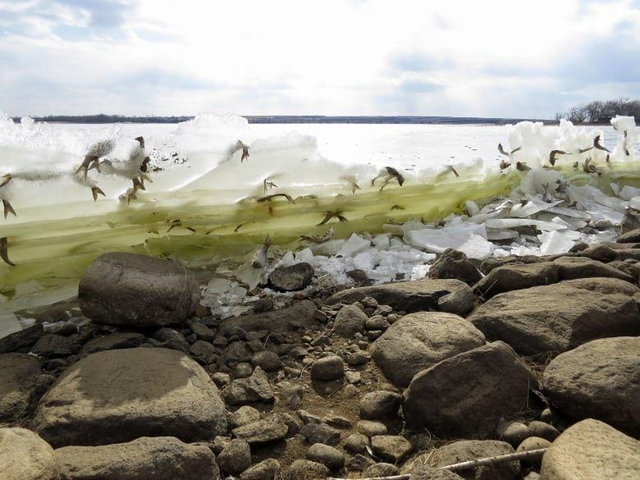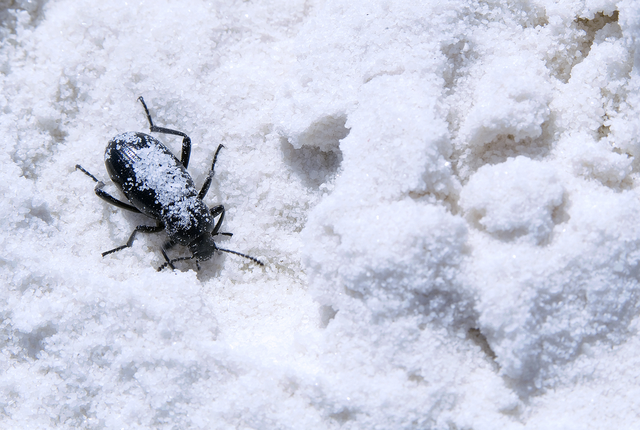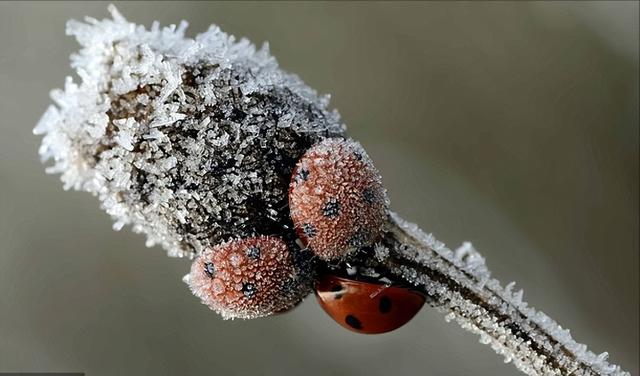
Summer bugs talk about ice
In our common sense, bugs can't live in freezing weather. Yes, the cause of death is the simplest of physics - water expands in volume when it freezes.
When the body temperature falls below zero, the vast majority of bugs face a serious problem: The water in the cells freezes, the ice crystals expand and burst the cells, the cells die, and the bugs die.
Beings at the north and south poles
The north and south poles are the coldest places on earth. Life there is tough, and temperatures make it difficult for animals to survive. However, many insects, including mosquitoes, are able to thrive in the frozen regions.
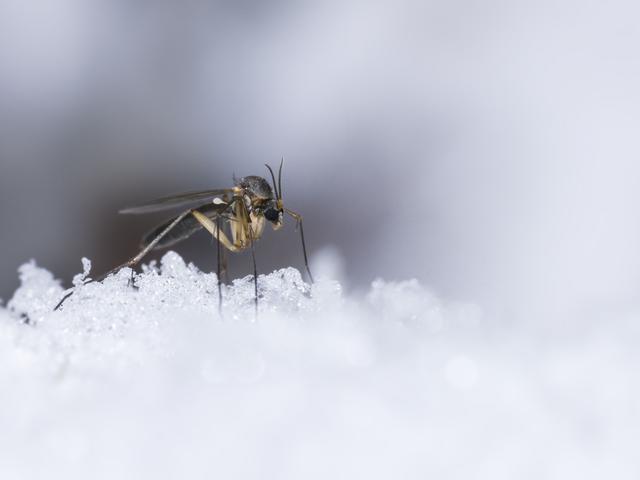
Either they avoid freezing to death, or they can endure the freeze
How do they prevent themselves from freezing to death?
In the world of insects, a variety of successful strategies have been developed to avoid dying from the cold. All of these strategies essentially fall into two categories: Either avoiding freezing to death, or being able to tolerate freezing.
Self-death tips
Many insects go through a resting phase during the coldest part of the winter, a period of dormancy and arrested development called the stagnation period. This usually occurs when the insects are eggs or larvae, which better protects them from the cold environment.
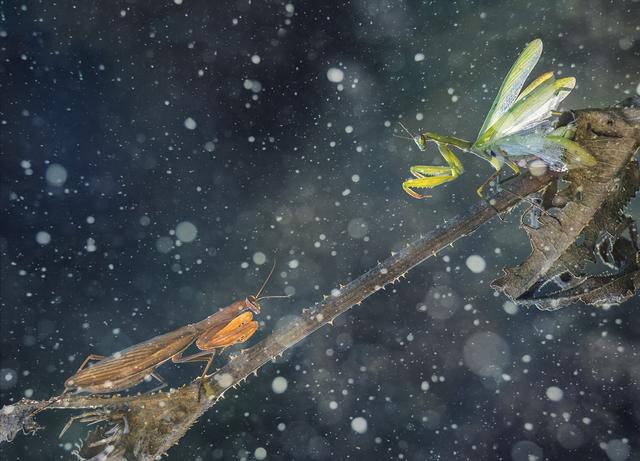
Some insects have evolved a self-help method to cope with the cold as if it were a "Self-death trick" - dehydrating themselves. For example, the antarctic midge, also known as the antarctic shaker mosquito, has learned to actively expel almost all of the water from its vital organs.
Most insects will die if they lose 20% of the water in their bodies, but antarctic midges can still survive after losing 70% of their water. By allowing itself to lose water, the midge can endure the freezing conditions of -20 degrees celsius. It doesn't matter if the remaining water in the body freezes, it doesn't matter where the ice crystals form in the body away from the vital organs.
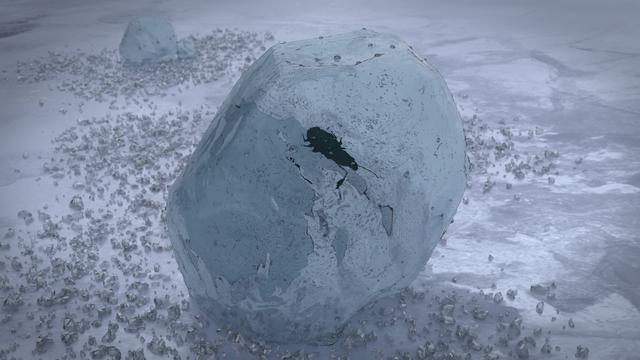
During the -20°c freeze, their metabolism stops, similar to a dry corpse, or a science fiction freeze seal. If you add some water to them, they will soon come back to life full of "Water".
Compare the limits of heat resistance, sleeping mosquitoes. Living in africa, their body moisture can be as low as 4%. In the ambient humidity of zero conditions, dehydration silent 17 years, sleeping mosquito larvae still in the addition of water can be revived.
Antifreeze
Many insects produce compounds, such as natural ethanol glycerin, which can act as antifreeze.
These chemicals prevent ice crystals from forming, allowing insects that live in colder regions to drop their body fluids to temperatures well below zero without freezing.
The orange lamp moth lives in the arctic, and its caterpillars can survive the cold of -20 degrees celsius without freezing at body fluid temperatures up to -30°c degrees.
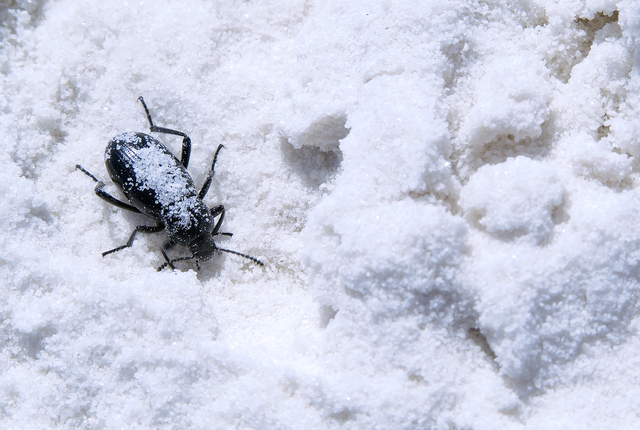
Another more extreme freeze-resistant bug is a beetle that lives in alaska, and their antifreeze body fluid can resist -75°c.
Recently, scientists have discovered a new species of arctic bumblebee and described it for the first time in the journal of the linnean society of zoology. The bumblebee, named bombus interacti, is the most fearless of all bee species, and the exact mechanism of resistance to freezing needs to be further investigated.
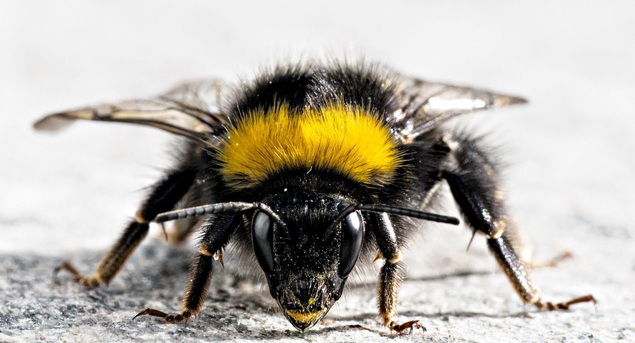
Summer insects speak ice, it is very meaningful to study how life survives the cold polar winters. For the general public, the significance of studying the freezing techniques of animals lies in organ transplantation techniques. Currently, transplanted organs cannot be frozen and are only "Online" For a few hours.
